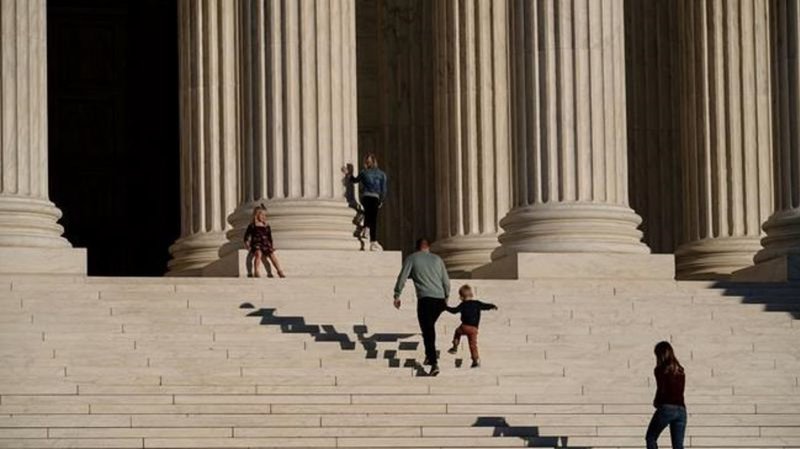
Trump sues in 3 states, laying ground for contesting outcome
WASHINGTON — As Democrat Joe Biden inched closer to the 270 Electoral College votes needed to win the White House, President Donald Trump’s campaign put into action the legal strategy the president had signalled for weeks: attacking the integrity of the voting process in states where the result could mean his defeat.
Democrats scoffed at the legal challenges the president’s campaign filed Wednesday in Pennsylvania, Michigan and Georgia. In spite of the aggressive move, the flurry of court action did not seem obviously destined to impact the election’s outcome.
The new filings, joining existing Republican legal challenges in Pennsylvania and Nevada, demand better access for campaign observers to locations where ballots are being processed and counted, and raised absentee ballot concerns, the campaign said.
The Associated Press called Michigan for Democrat Joe Biden on Wednesday. The AP has not called Nevada, Pennsylvania or Georgia.


